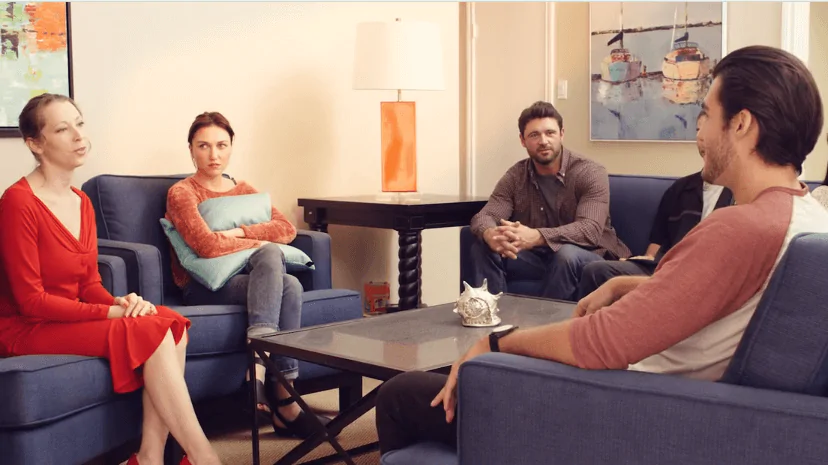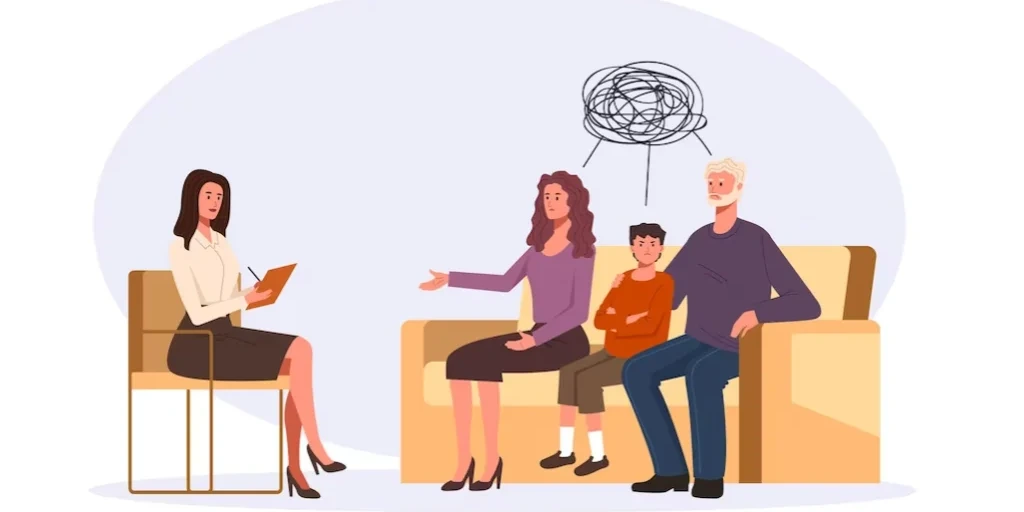24/7 Helpline:
(866) 899-221924/7 Helpline:
(866) 899-2219
Learn more about Aftercare Support centers in Osceola
Aftercare Support in Other Cities

Other Insurance Options

Health Partners

MHNNet Behavioral Health

Sliding scale payment assistance

Access to Recovery (ATR) Voucher

WellCare Health Plans

Cigna

Kaiser Permanente

Carleon

EmblemHealth

Lucent

CareFirst

AllWell

GEHA

Medical Mutual of Ohio

Self-pay options

Humana

Ceridian

Oxford

CareSource

Amerigroup































